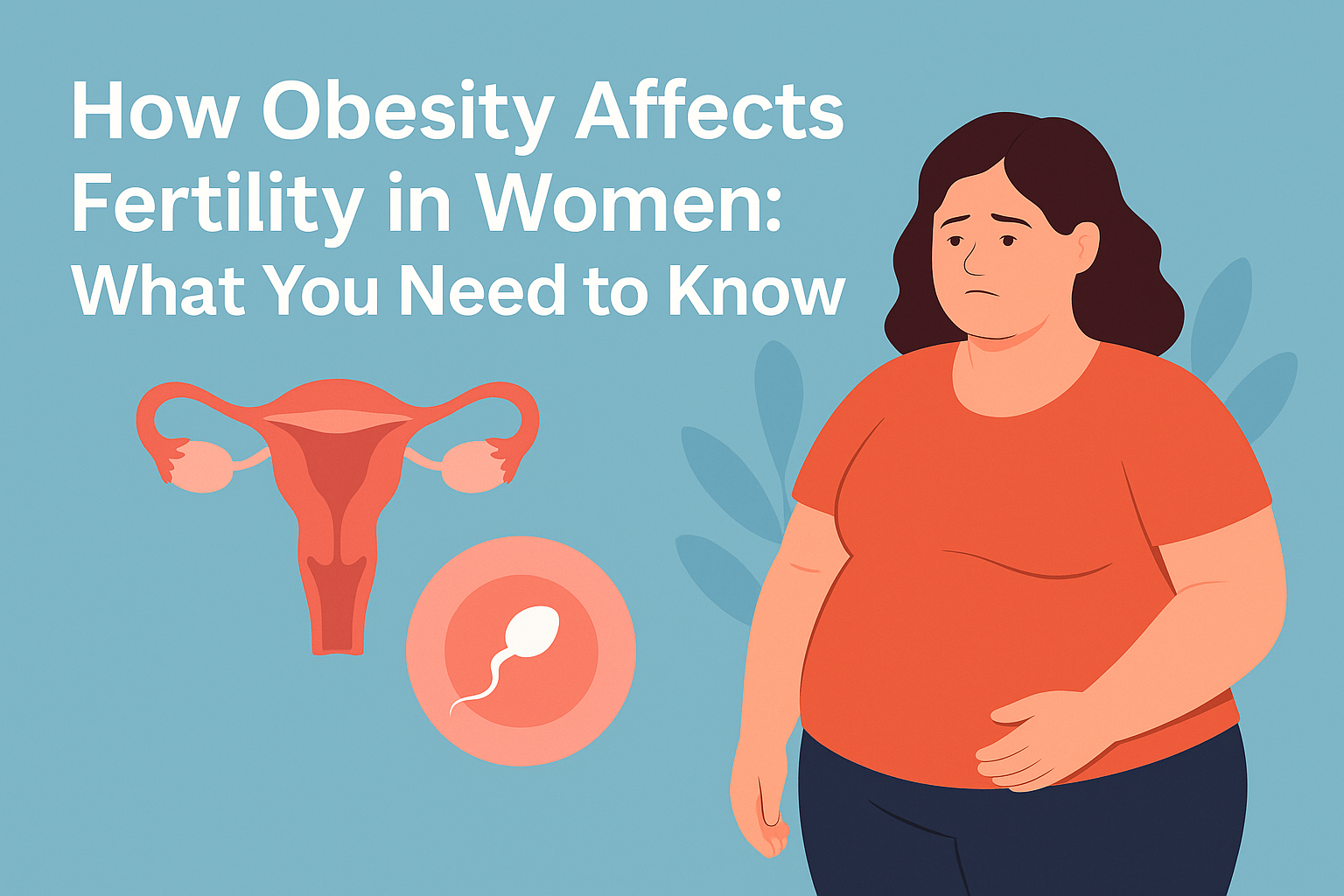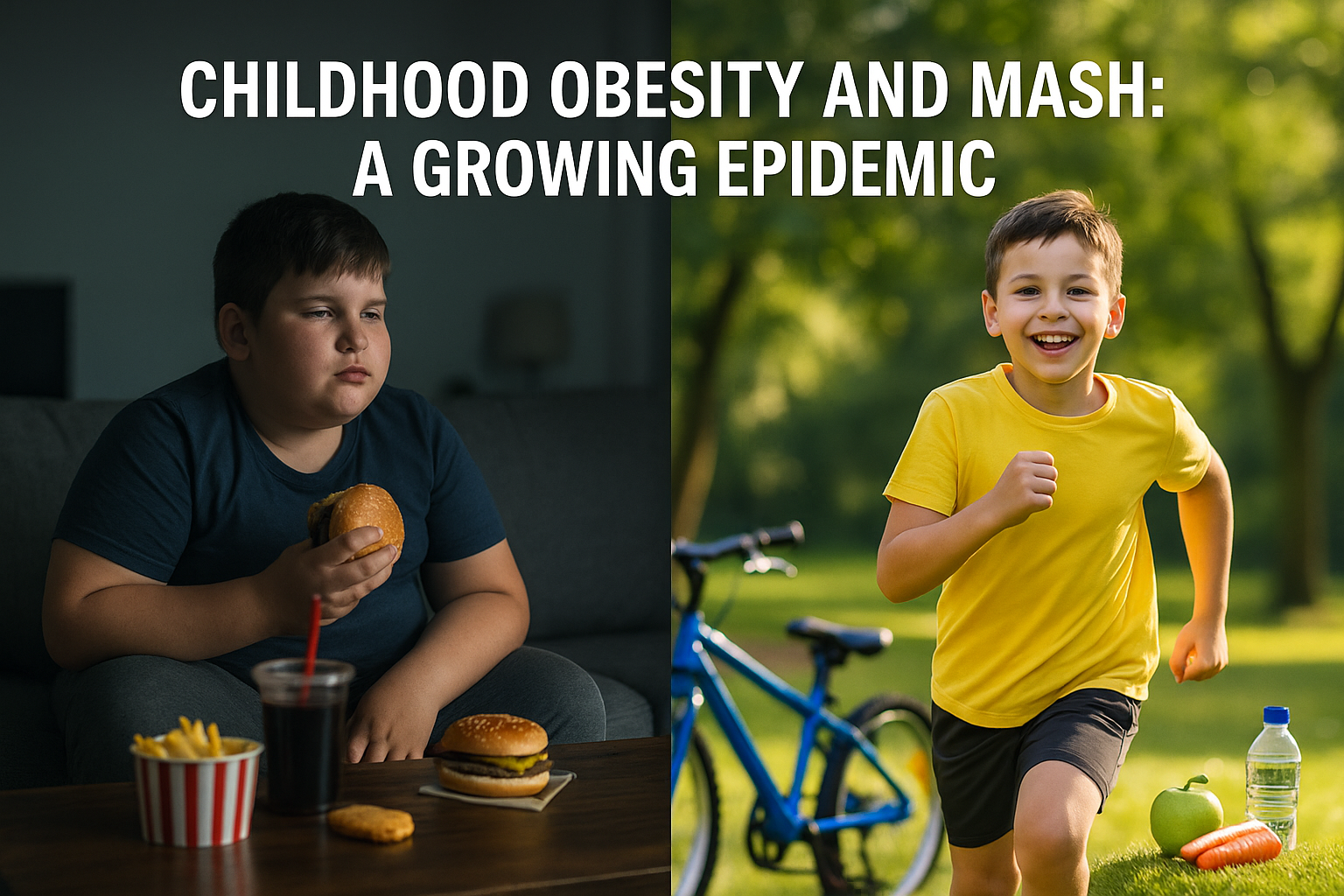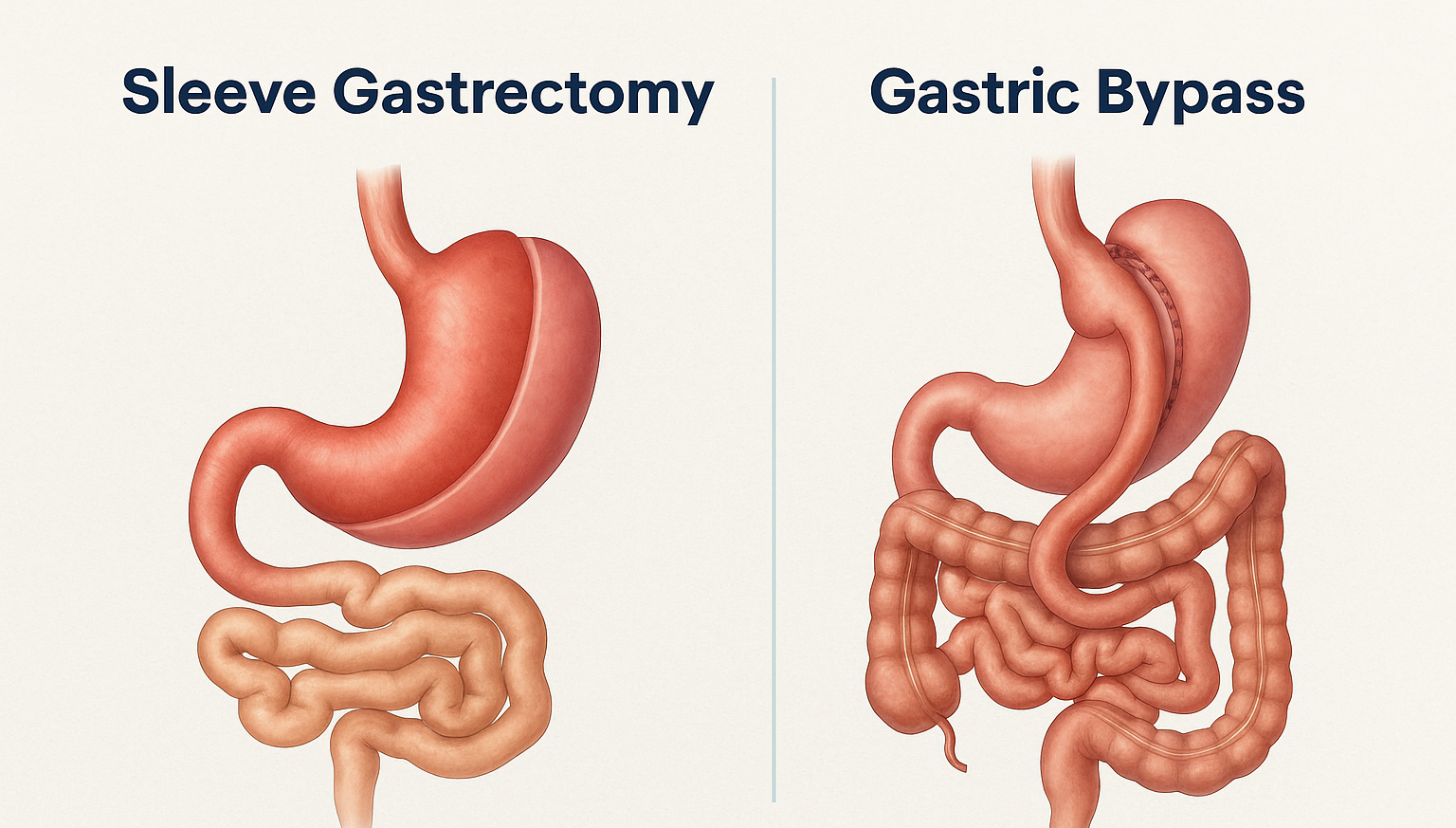
- Healthful Living Insights
Did you know these not-so-sweet truths about sugar?

The Sugar Debate: Understanding the Risks and How to Manage Consumption
I am not one for following fad theories or being alarmist. However, there’s a current debate I believe warrants participation – and that’s the conversation surrounding sugar.
A recent study published in JAMA Internal Medicine by Quanhe Yang and colleagues from the Centers for Disease Control and Prevention (CDC) has found a strong link between higher sugar intake and an increased risk of heart disease. The study, which examined data from 1988 to 2010, highlighted how the percentage of daily calories from added sugars grew from 15.7% in 1988-1994, to 16.8% in 1999-2004, and then dropped to 14.9% in 2005-2010.
The key takeaway: People who consumed 10-25% of their daily calories from added sugar saw a 30% increase in cardiovascular mortality, while those consuming over 25% of their calories from sugar nearly tripled their risk.
In an editorial accompanying the study, Laura Schmidt stated, “Too much sugar does not just make us fat; it can also make us sick.”
This study has reignited the conversation about the role sugar plays in our diet. So, let’s discuss the facts and, hopefully, help you assess your own sugar intake — so you can decide whether to cut back or continue as usual.
The Sugar in Your Diet: What to Look For
Let’s start with a simple example. As summer approaches, you may be reaching for a can of aerated soda — one can contains 8 teaspoons of sugar. The same amount of sugar can be found in some so-called low-fat breakfast cereals. This illustrates a point I always make: Low-fat or low-sugar processed foods can be misleading. While fat content may be low, sugar is often used as a hidden substitute, which ultimately delivers the same harmful effects.
Now, let’s break down the types of sugar and their impact on our health.
Types of Sugar and Which Ones Are Harmful
Glucose: A simple sugar found in whole grains and vegetables, glucose is an important source of energy for the body. It stimulates the pancreas to release insulin, which regulates blood sugar. When you’re active and need energy to stay focused, glucose is your friend, as it also produces leptin, a hormone that helps suppress hunger.
Fructose: Found in fruit, fructose is processed by the liver into glucose and lactate, providing energy. However, it’s important to consume fructose through whole fruit, as it is naturally paired with fiber and essential nutrients. This makes fruit an ideal pre-workout snack.
Sucrose: Commonly known as table sugar, sucrose is a combination of glucose and fructose. It’s considered an “empty” food because while it gives you a quick energy boost, it doesn’t offer any significant nutrients. Whether it’s white, raw, or brown sugar, it’s all essentially sucrose.
High Fructose Corn Syrup (HFCS): HFCS is a processed sweetener made from corn starch. It contains equal amounts of glucose and fructose and is the most dangerous form of sugar. It’s addictive, nutritionally void, and often found in processed foods. Many of the foods you see on supermarket shelves are sweetened with HFCS, contributing to increased health risks.
The Sugar Addiction
When people say things like, “I have a sweet tooth” or “I need cupcakes when I’m feeling down,” they’re expressing a natural craving for energy. However, these cravings don’t have to be satisfied with junk food. My advice? When you feel that urge, opt for fruit rather than processed treats. It’s a healthier choice that still satisfies your body’s need for energy and nutrients.
Finding Balance: Moderation Is Key
It’s unrealistic to completely eliminate all forms of sugar from your diet, and I believe taking an extremist approach isn’t necessary. The key is balance and moderation. By controlling your sugar intake — both the obvious and hidden sugars — on a daily basis, you can still indulge occasionally. Whether it’s a small scoop of ice cream, a piece of barfi, or a bowl of halwa, treating yourself every now and then won’t undermine your overall health goals.
The Bottom Line: Prioritize Balance and Moderation
In conclusion, sugar is not inherently bad, but excessive consumption can lead to serious health issues, particularly heart disease. Keep an eye on your sugar intake, opt for natural sources when possible, and remember: balance and moderation are the hallmarks of a healthy lifestyle.

© 2025 Copyright : DHI | POWERED BY PEPMEDIA









